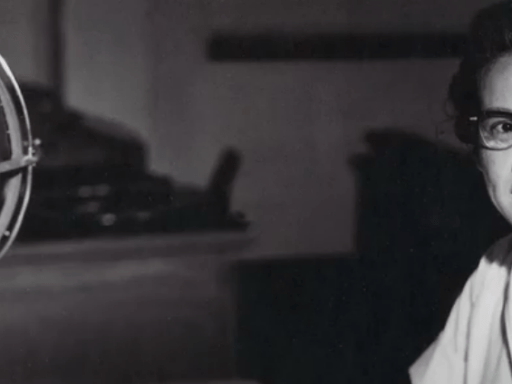
Today, on Katherine Johnson’s 104th birthday, we celebrate her groundbreaking work and the hugely impactful contributions she made towards the Apollo 11 mission in 1969 and many more projects throughout her career working at NASA.

Today, on Katherine Johnson’s 104th birthday, we celebrate her groundbreaking work and the hugely impactful contributions she made towards the Apollo 11 mission in 1969 and many more projects throughout her career working at NASA.
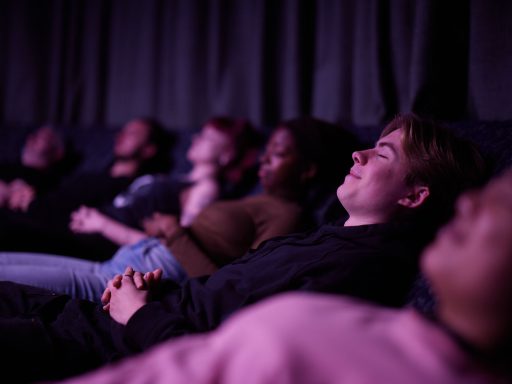
At the next Science Museum Lates, visitors will learn about the Dreamachine. Roger Highfield, Science Director, discusses this cerebral adventure with neuroscientist and bestselling author Anil Seth.
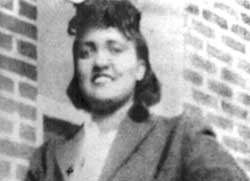
1 August 2022 marks 102 years since Henrietta Lacks was born. Assistant Curator Harriet Jackson takes a closer look at her profound impact on modern medicine and reflects on the importance of informed consent and who benefits from scientific research.

To mark the 25th anniversary of Stargate SG-1, Science Director Roger Highfield talks to physicist Alexey Milekhin and Stargate advisor, Mika McKinnon.
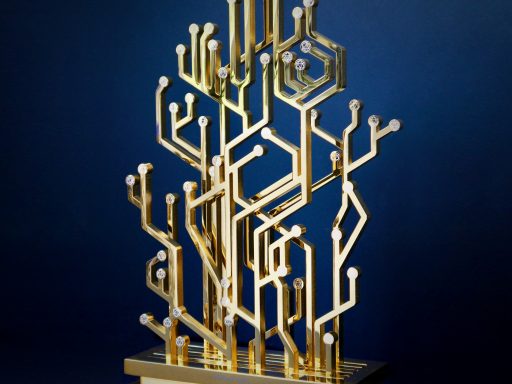
Architect, artist & multi-disciplinary creative Rebeca Ramos reflects on the Create the Trophy competition for The Queen Elizabeth Prize for Engineering and how it is inspiring the next generation of creative innovators.
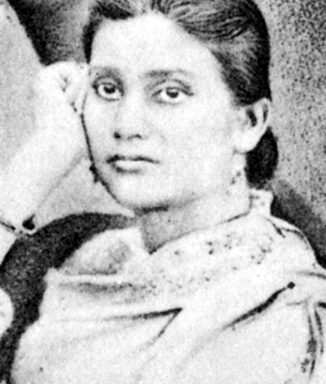
18 July 2022 marks the 161st birthday of Kadambini Ganguly, one of India’s first two female university graduates and the first Indian woman to practice Western Medicine. In this blog, Assistant Curator Laura Büllesbach explores her remarkable life, the barriers she broke, and the doors she opened for others.
Ahead of the opening of Science Fiction: Voyage to the Edge of Imagination, discover the brilliant science fiction books shortlist for the Arthur Clarke Award.
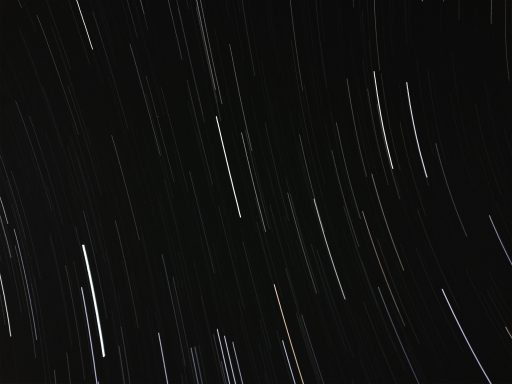
Roger Highfield, Science Director, discusses the extraordinary idea that our universe is but a speck in a vast sea of universes with the Astronomer Royal, Lord Martin Rees.
Share your vaccine trial story and be part of an exhibition
Assistant Curator Heather Bennett takes a look at the remarkable life and achievements of engineer Verena Holmes.
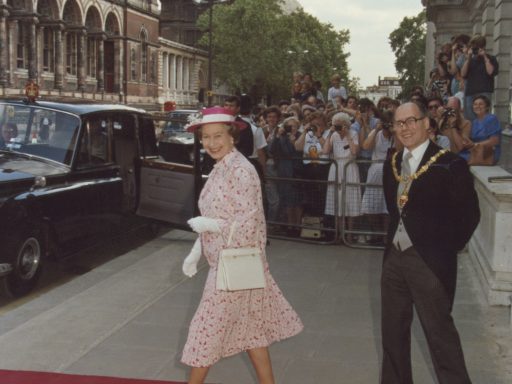
To celebrate HM The Queen’s platinum Jubilee, we’ll be looking back at her longstanding relationship with the Science Museum, spanning over 8 decades.
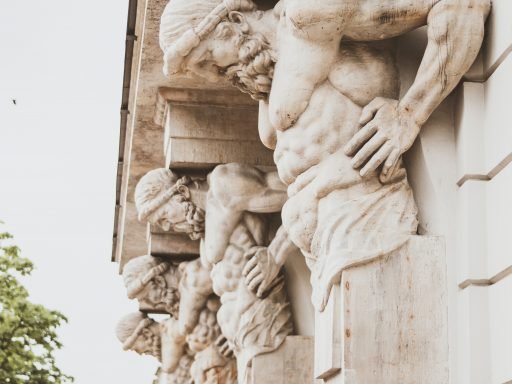
Professor Christian Laes discusses perceptions of disability and the idealised body in ancient Greek culture, revealing how these ancient representations of bodily forms have influenced modern ideals towards conformity.